Where Words Take Us
Words hold so much power and what we say will influence so many people around us, including students.
April 9, 2018
We live in a chaotic, expectant world where, as students, we are expected to go far in life outside of school. We are expected to be engaged in class, to be motivated in projects and put our full effort into every piece of work we put together. It is only expected that we produce quality work filled with passion and meaning.
These expectations make total sense; work hard to play hard, you get what you put into it. These are all quotes we have heard before, but as society gets so caught up in these expectations they forget that we are human. That we face mental hurdles just as much as we face creative obstacles. And when teachers talk to us with little sympathy, they show us that they do not care how we do it just that they want us to do it. At least that seems to be the message we get when teachers forget to choose their words selectively while critiquing us.
Agency is a term used to describe a child’s self confidence and self motivation. For example, a teacher can build up a student’s agency by pointing out and praising the things they have done well. In a scenario where a child is drafting a paper for a project and the teacher comments on the diction and personification the students used, that builds his agency. It is easier to then accept constructive criticism on the repetitiveness in the paper if he knows he is doing something right. On the contrary if you were to jump straight into the criticism of his repetitiveness, he would feel as if his work is not good enough in any ways, just that it is too repetitive. Positive as well as well constructive feedback would be very important in a situation like this.
Another great way to help a student work through a process themselves and building agency is breaking apart the Revealing vs. Telling method. Telling would be if a teacher answered a question straight away, automatically handing the student the answer. Meanwhile Revealing involves the teacher asking the student questions so they could reach their answer. Revealing involves asking questions like “would that phrase make sense there?” “what happens when you raise something to the zero power?” In this way the teacher is making the student think and guiding them to solve the problem. This helps students develop problem solving skills and further develops their agency.
Often students will tend to give up on themselves and automatically assume their work is not going to cut it. In this case a teacher could come in to direct the student toward the good things that they have done.For example, if a student is attempting to solve a difficult math problem and has solved half way through but is unable to get past a certain part, she may see herself as incapable or not smart enough to finish the rest of the question. In this circumstance the teacher could point out how well the student solved the first part of the question, complimenting her, then use Revealing to help her discover how she could solve the problem. The student would walk away from the problem with a higher agency and feeling a little stronger in the area she struggled in.
Similarly the class should be about the students. Class should not be viewed as the teacher’s domain, but rather the students own environment to feel comfortable to learn and ask questions. If a teacher is focusing too much on how the lesson will turn out and what they are going to do, they might be in a mindset that is not open to the students feelings and struggles with the lesson. If a teacher keeps an open mindset and does things such as stopping a lesson to answer questions students are struggling to understand or make time in class for students to ask for help and guidance in their work, the classroom will become an environment based around the students and meeting their needs.
Students may also become disappointed in themselves if they are told they are wrong in front of the entire class. Teachers often have the class participate in effective class discussions. If a question is asked and a student provides their thoughts on the inquiry that do not exactly match the teacher’s thought process the teacher could say something along the lines of, “No that is not quite right.” While this phrase may seem harmless, the student has just been told that their answer is incorrect, that there is something wrong with their thought process. However if in the same situation the teacher instead said, “I like where you are going with that, can you dive deeper in that?” or maybe along the line of, “That is a great point, what else can we infer?” In these ways the teacher is acknowledging the students answer and showing that they are truly considering what the student has to say and not only searching for the correct answer only.
Words are everything in our world. How we talk to friends develop relationships, communicating with colleagues helps working together go much smoother and how we address those with higher statuses in the workplace can affect how we are respected as workers. Just like any other situation in life where we need to use strong, positive words, we should be doing the exact same thing in classroom where it is easier to impact students as they venture on the journey of education and into the wild of life. Teachers can motivate and raise students self confidence by simply selecting certain words and phrases to communicate positively with them.









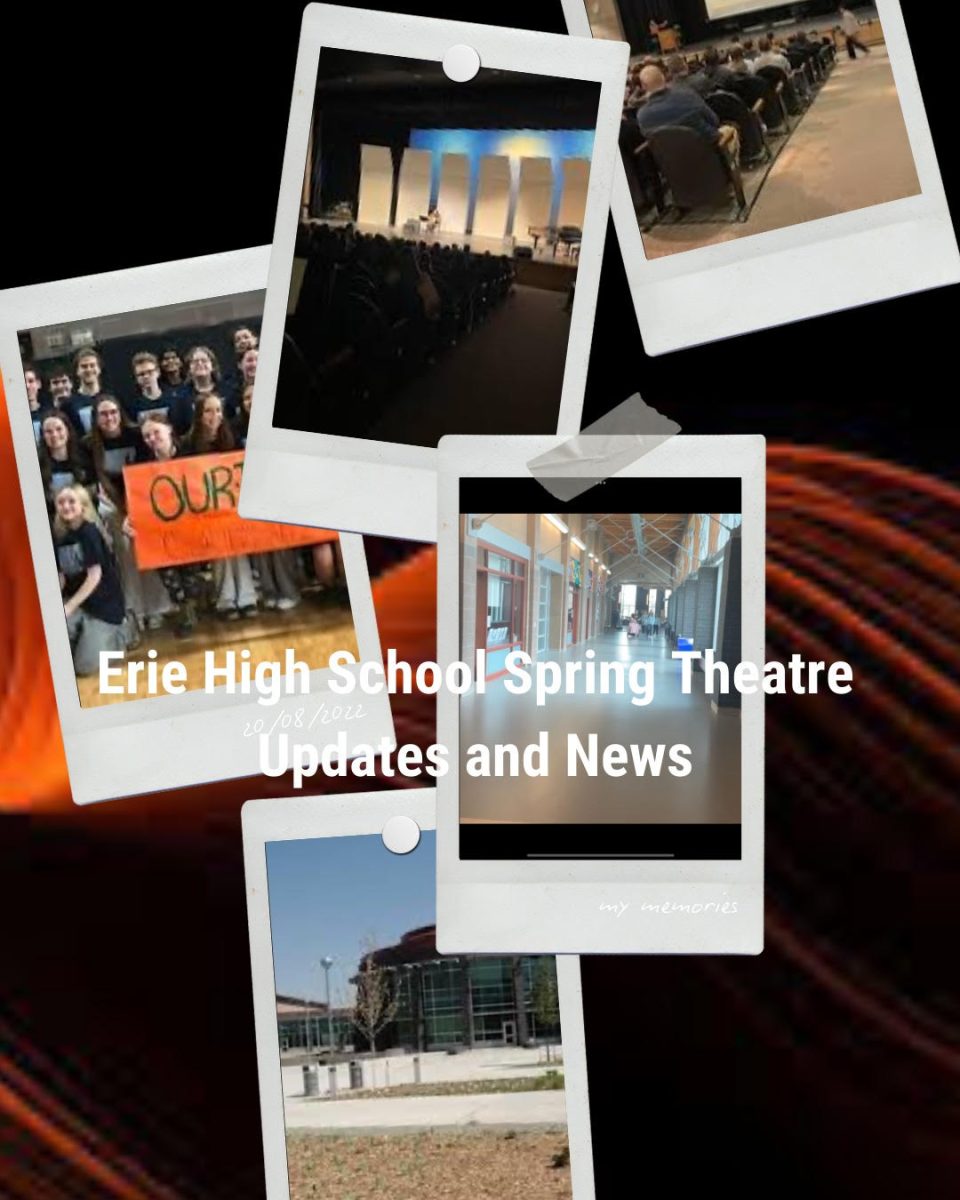









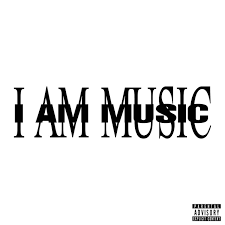






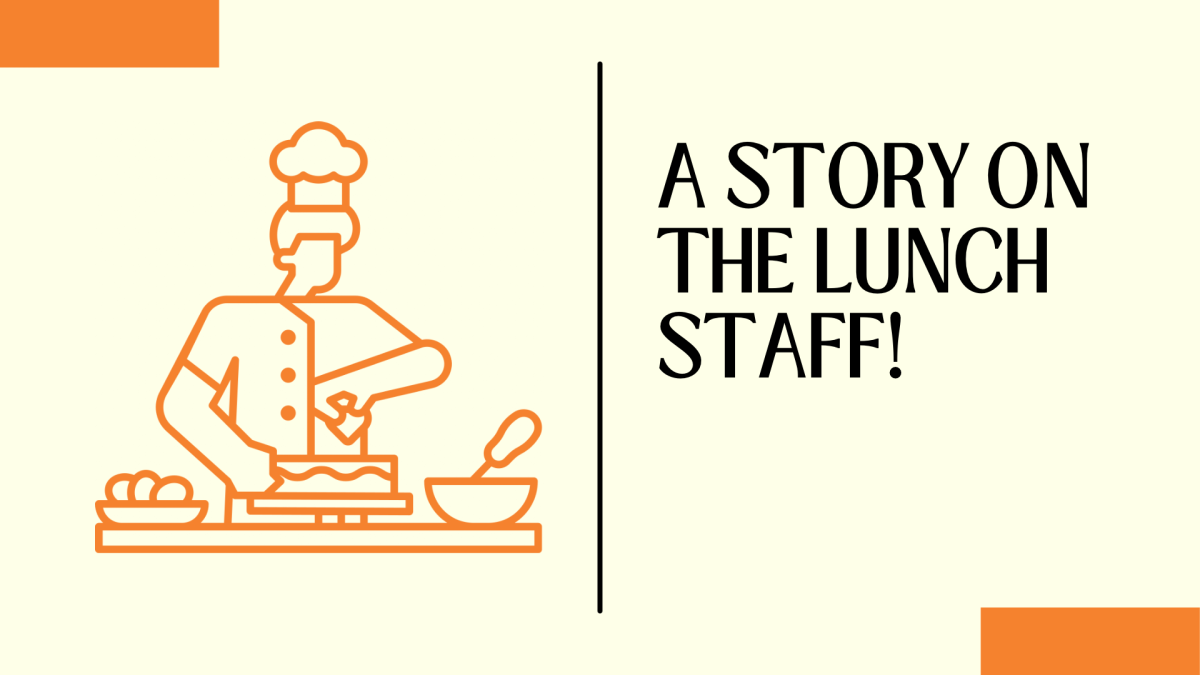


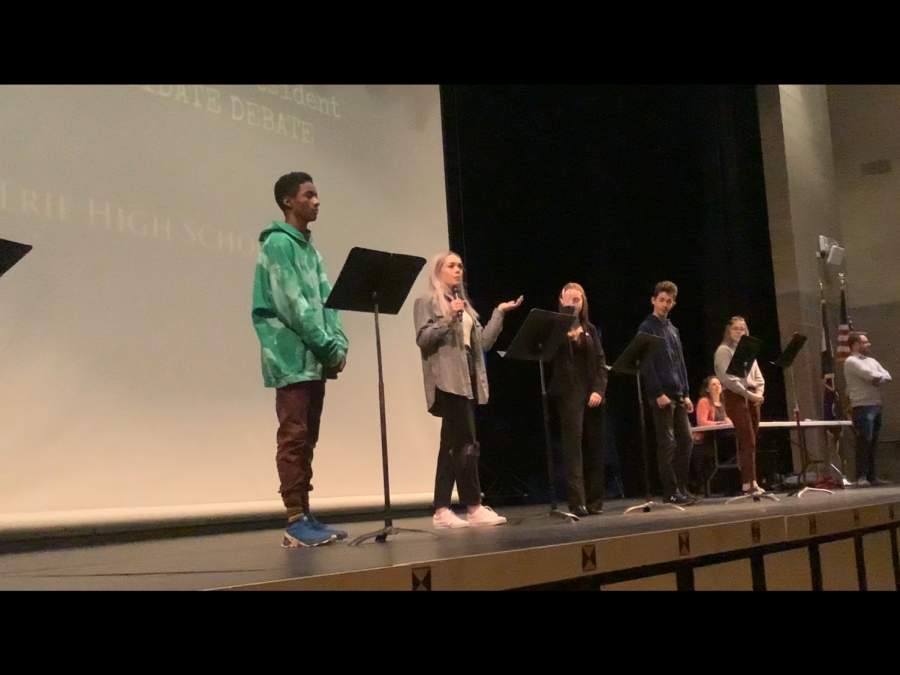


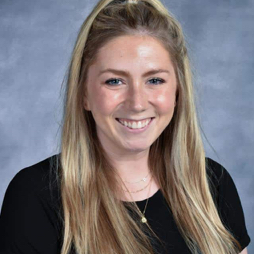





Madison Hays • May 20, 2018 at 3:46 pm
I love the examples you gave to support your argument! Great article!
Judith Trinkner • Apr 17, 2018 at 4:59 pm
Kailey is a rock star of a student, and I think if she chooses to be a teacher, she is going to be the best teacher ever!